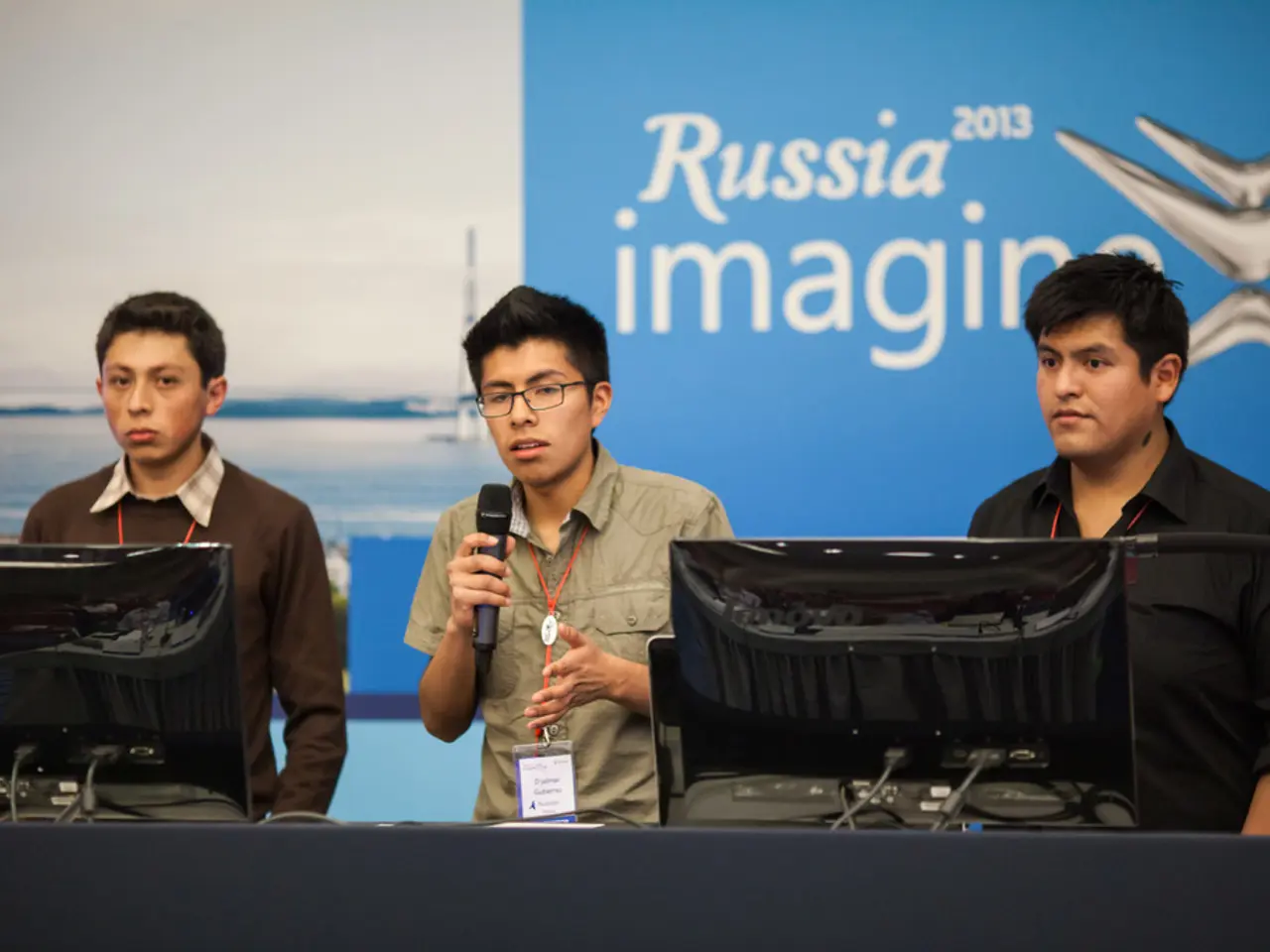International alliance pledges military action in Ukraine if peace treaty is reached
Frustration has been building in the West over Russian President Vladimir Putin's unwillingness to strike a deal to end the conflict in Ukraine. In an attempt to show that Europe can act independently, French President Emmanuel Macron hosted a summit in Paris of the so-called "coalition of the willing."
More than two dozen countries have pledged to join a "reassurance force" for Ukraine after any peace deal with Russia. The troops pledged to join this force would not be deployed "on the front line" but aim to "prevent any new major aggression."
The United States was represented by Trump's special envoy Steve Witkoff at the summit. Among the countries that have officially committed to forming this reassurance force are around 30 nations from Europe and the Commonwealth, as well as Japan, Turkey, Canada, Australia, New Zealand, and others. The coalition, led by the United Kingdom and France, was announced and discussed in March 2025. As of September 2025, 26 countries have confirmed their pledge to provide military support to Ukraine to deter future Russian aggression.
The "reassurance force" is a key pillar of the security guarantees a coalition of mainly European countries wants to offer Ukraine. Another major pillar is a "regeneration" of the Ukrainian army to dissuade Russia from a new aggression.
Macron accused Russia of "doing nothing other than try to play for time" and intensifying attacks against civilians. He warned that if Russia continues refusing a peace deal, additional sanctions would be agreed in coordination with the United States.
The extent of any US involvement in any eventual security backstop remains uncertain. German Chancellor Friedrich Merz is urging more pressure within the coalition but remains cautious about the scope of Germany's involvement. Germany will decide on military involvement at an appropriate time once the framework conditions have been clarified.
Italian Prime Minister Giorgia Meloni has reiterated that Italy will not send troops to Ukraine, but could help monitor any potential peace deal. The meeting represented a new push led by Macron to demonstrate that Europe can act independently of Washington.
The White House urged European countries to stop purchasing Russian oil that is funding the war. Zelensky and Trump discussed sanctions on Russia and protecting Ukraine's airspace during their call.
Russia has stated that it will not agree to the deployment of foreign troops in Ukraine "in any format." A Russian rocket attack on northern Ukraine killed two people from the Danish Refugee Council who were clearing mines in an area previously occupied by Moscow's forces.
The situation in Ukraine remains tense, with concerns growing over Putin's refusal to negotiate a peace deal. The coalition of the willing, however, is determined to provide security guarantees and support to Ukraine to deter further aggression.
Read also:
- ICE directed to enhance detention conditions following NYC immigrants' allegations of maltreatment
- Israeli finance minister issues warnings about potential annexation of West Bank territories
- United States faces rebuttal from South Africa over allegedly deceitful human rights report and assertions of land expropriation
- Accident at Rodalben Results in Injuries; Geoskop Area near Kusel Affected After Stormy Weather








